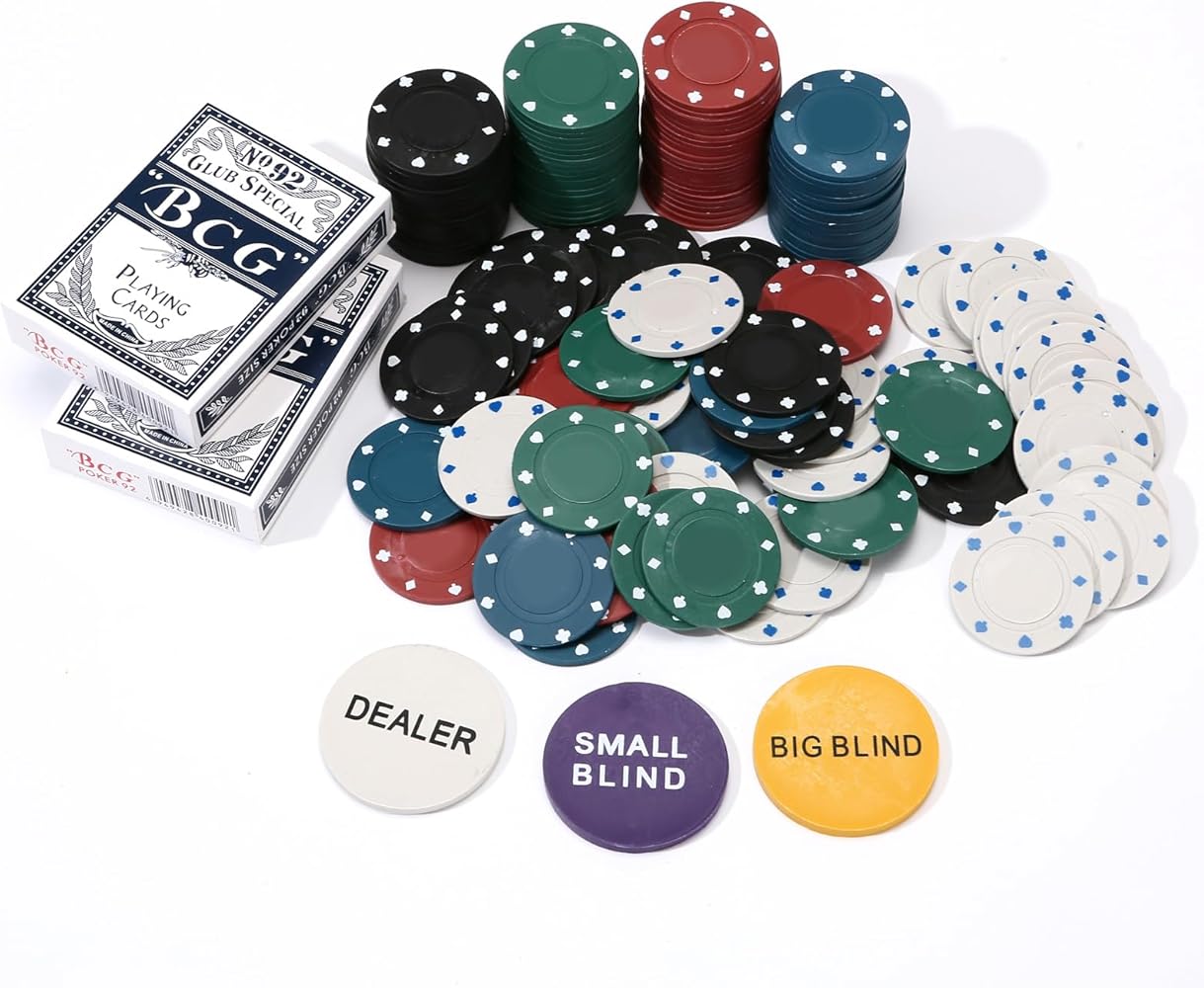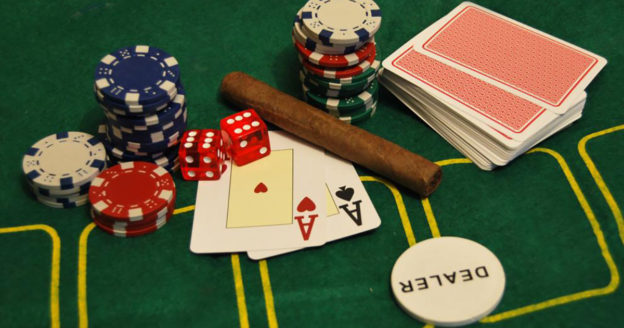This happens frequently in no limit of pot limit games – typically beginners make these expensive mistakes when they fail to understand hown to size their bets properly.
Newbies usually cost themselves a lot of chips when they insist on overcalling with those 3 pocket pair ranges or suited connectors and hit nothing on the flop. This is a costly mistake that can lead to severe damages for them.
1. Don’t Sit on Your Hands
However you arrived and in whatever state of mind, emotions can wreck your A-game on a big scale, making poor decisions and frittering away your precious time at the table.
One of the other common mistakes that beginners to the game make is getting trapped by big pocket pairs and overplaying them pre-flop. Result: A costly mistake where they lose hundreds of thousands of profit over time.
2. Your Draws are also missed
One of the biggest mistakes beginners make is to play too many hands. This typically not results in being in terrible post-flop scenarios, yet also cost we bucks.
It is a common mistake for beginners to incorrectly size their bets, bet too few when they should raise and call when should fold which may be due to a lack of understanding of correct starting hand selection.
3. Not Making Big Bets
Within poker it is important all decisions do not originate from your gut feeling, over-imagining your opponents hand strength or over-estimation of your poker ability. To not get swayed by emotional decisions, which might make them think they were holding more strength and ability than they actually are;
One more blunder numerous novices make is missizing bets. This nearly always means too small of raises holding cards that likely many splashable flops can make needs to easy play post-flop.
4. Not Using Your Odds to Your Benefit
Novices sometimes forget to think about an odd in general of all necessary aspects of poker and that cannot happen, you need to take a couple of seconds, such information that you notice opponents with what call, in what plans, what size is given bets and the like. This can save a lot of money for beginners, who may otherwise call when they should raise or fold when the pot odds suggest they should call based on just a hunch.
5. Using the Dealer’s Choice to Their Advantage
Far more effective against those players refusing to fold out of the big blind, so hammer with bigger hands and bigger raises, those dinky raise-weak hands won’t cut it.
Because of the fact that beginners choose to implement these actions with anger, and disregard the above mathematics of poker, over time they will be left without money, as they make hasty decisions instead of prudent ones because of the tilt that the group players are using.
6. Paying Full Price for Dealer’s Choice
While this may be a small incremental difference, it can really add up over the course of your poker game so it should never be overlooked and used when the dealer says its your choice.
This will allow them to get a better sense of what their opponents have and to make reasonable assessments, if for instance their opponents are folding when they see that you have Ace-high, by spotting tells, giving them a better idea of how much hand to hand or by watching the strength of other players. so that they can make better decisions such as calling bets with weak hands.
7. Forgetting to Utilize the Dealer’s Choice
Many beginners commit the error of calling an expensive bet without even considering what position they are in and this can be directly responsible for heavy losses and must be avoided at all costs.
New players generally call with weak hands in the assumption that they might get more cards to make them better – a practice that will only cause more loses in the long run.
8. Not Using the Dealer’s Choice
If you think that you have to catch EVERY hand dealt, and then can subsume every hand as a winner for you, you will certainly not become a good poker player, but you will not even be a player, but only a spectator. And holding with little implied value can be a very expensive mistake, if you do not quickly realize this. Someone new to the game may continue to hold onto it so that they do not get a bluff out, or perhaps just look stronger than their opponent.
When playing in a tough game attack your opponents with big hands and big raises, to win more money and gain experience quicker. This way, you should be able to have your cake and eat it too.
9. Not Playing the Dealer’s Choice
Since poker is largely a game of odds, grasping the basics lets you get a better picture of it all without making calls against it. What are the odds of your opponent being dealt an Ace and how does calling help or hurt you with those odds?…You would be amazed at how often a starting player goes against those odds and bet or calls out of turn.
Small mistakes may appear harmless, but they can be consequential in terms of table time squandered and of morale and enthusiasm lost.
10. Failing to Rely on the Dealer’s Choice
Beginners usually have little patience and cannot wait to have a decent hand, so they will force one and end up playing every hand they get. They do not understand starting hand strategies or what hands are strong and weak. You should never make this mistake and try to think the game through more seriously.
Novices will be succumbed to the spirit of competition and will not fold in hands they should, just to show they are not weak. Having your pre-action timer enabled to give away your position from every position for example is a recipe for a bad decision and one that training yourself to play slowly and more deliberately can prevent.




